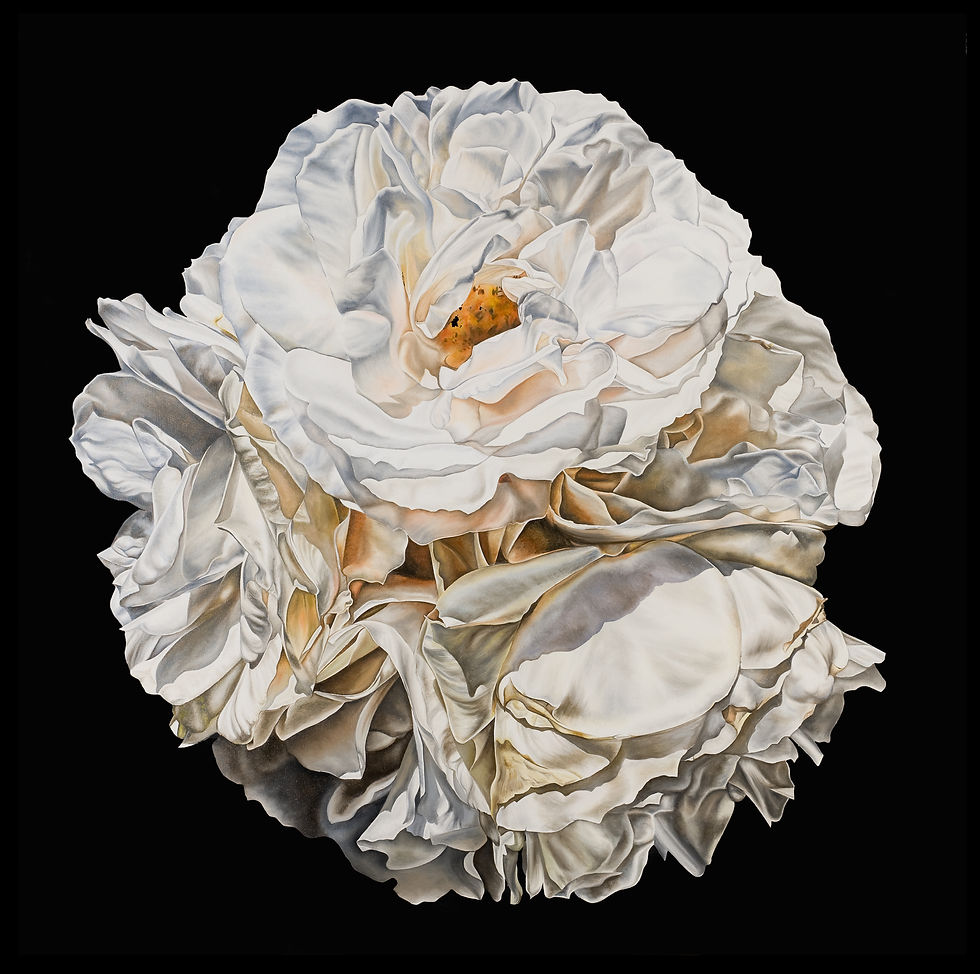Samina Islam/ Summer Issue
- Aug 6, 2022
- 2 min read
Having lived in many parts of the world, she is fascinated by how societies and cultures perceive female roles, identities and social responsibilities. Her practice seeks to examine these perceptions and how they perpetuate the oppression of women. The enquiry into historic textile craft also creates a polysemic statement about women’s social roles. Women form the social fabric, bind and hold society together, yet they are undermined, wrongly characterized as prone to unravel, fragile and dependent. Samina qualified as a legal executive and worked in this profession for several years in Germany. Gradually she developed her passion for art and decided not to pursue her career in law. Instead, she chose a profession closer to her heart and nature. She feels she can contribute more effectively to society by communicating through visual language.
I AM.... - Against The Odds -
"My work explores female identity and accentuates the issues of women’s oppression in Muslim societies and the misinterpretation of true religious doctrine in the West. Throughout history, religion has been so often employed by men as a tool to exploit and oppress women. The use of sacred text in my work emphasizes the rights of women well recorded in Islam. I invite you to look deeper into the rights and representation of Muslim women beyond stereotypes. The use of layering and the blurring of images signify that they have intertwined identities apart from being Muslim women. Textiles and threads are a manifestation of the strength and resilience of women along with reference to women’s conventional skills and crafts. Deployment of cultural patterns based on grids is crucial as it not only shows the rigidness of repeated cultural behaviours but also suggests that variation to the existing patterns is possible without disturbing the social frame. I celebrate the successes and achievements of Muslim women around the globe in different fields who broke the social shackles to become role models to all women, especially to those with oppressed backgrounds. I asks the viewer to question prejudicial views of women of faith."










Comments